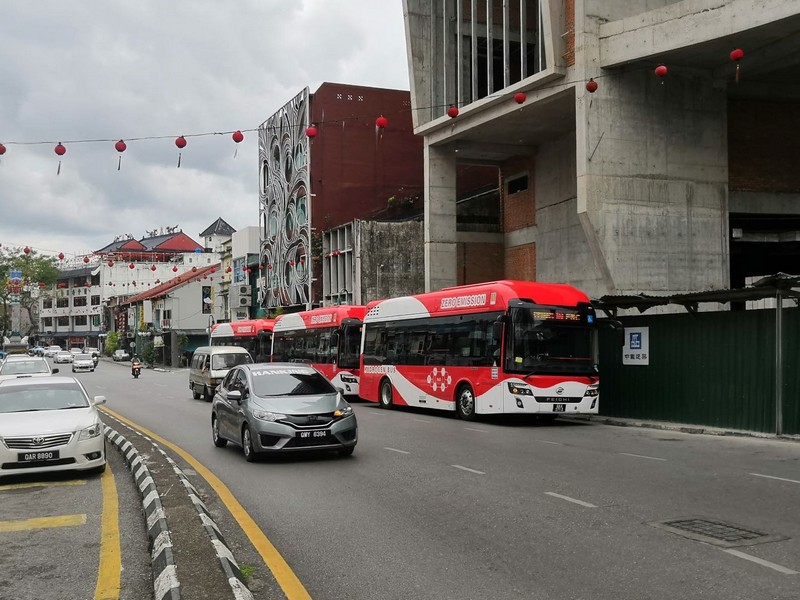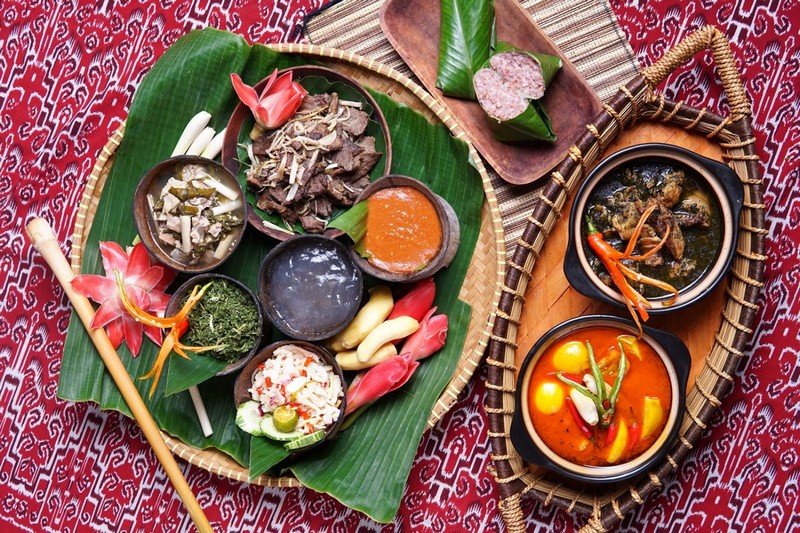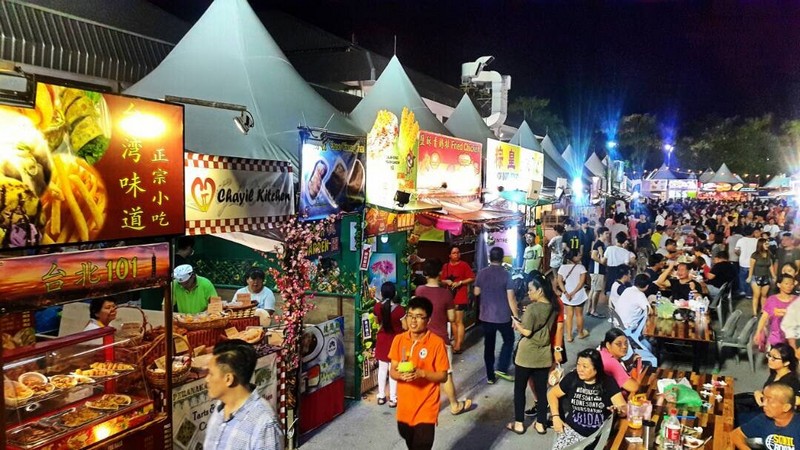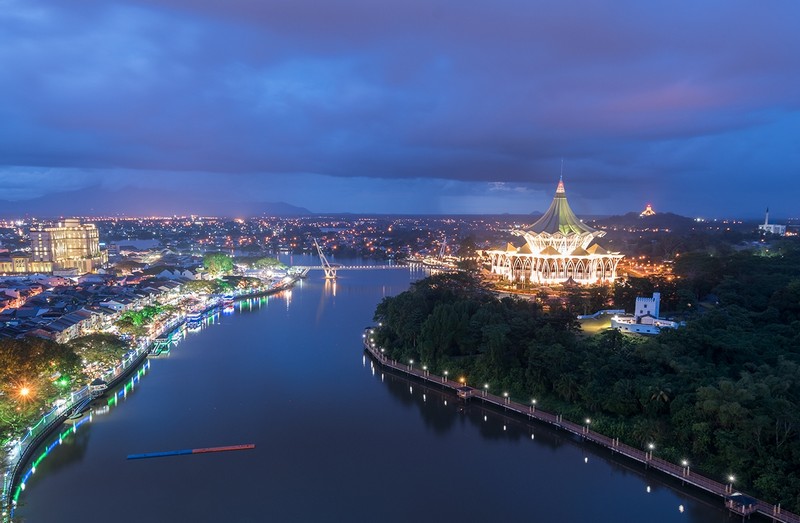To strengthen Kuching City’s position as the gateway to Sarawak, the Sarawak Government is taking a forward-looking approach through its smart city initiatives, including enhancing the city’s connectivity by improving its public transport.
“In any city, the public transport reflects the standard of that particular city.
“That is why the Sarawak Government is embarking on smart public transport using hydrogen-powered vehicles, including buses as well as autonomous rapid rail transit… to (uplift) standard of public transport in Kuching,” said YAB Datuk Patinggi Tan Sri (Dr) Abang Haji Abdul Rahman Zohari bin Tun Datuk Abang Haji Openg.

In his remarks during the 34th anniversary celebration of Kuching City Day on 6 August 2022, the Premier of Sarawak added that investing in the aforementioned sustainable transport system will in turn elevate Kuching’s status as a developed and smart city in Sarawak.
It will also support the State’s travel and tourism development recovery as it transitions into the endemic stage of COVID-19, with the city being one of the national winners of the ASEAN Clean Tourist City Standard for 2022-2024.
Furthermore, it has been recognised as “a Creative City of Gastronomy” by the United Nations Educational, Scientific and Cultural Organisation (UNESCO) since November 2021, and is now part of the UNESCO Creative Cities Network (UCCN).

The network advocates for creativity to be the impetus of sustainable urban development across seven creative fields – crafts and folk arts, design, film, gastronomy, literature, media arts, and music.
“This is a prestigious recognition for our food heritage and diversity, with their roots in our gastronomy communities from earth to plate, meaning from cultivation right up to the table,” commended the Premier.
He noted that with all these acknowledgements Kuching has received in recent years, the most important aspect of the city as a major tourist destination is “the unique culture of Sarawak” that is sustained and protected whether through cultural displays at the Borneo Cultures Museum or exemplifications from Sarawakians themselves.
“We are very fortunate that we have a very stable government. We have citizens that are more united, that respect each other in spite of the fact that we come from various ethnic backgrounds and religious faiths, (and yet) are able to live under one roof as if we are in one family,” he elaborated.
Earlier, the Premier congratulated the mayors and staff of Dewan Bandaraya Kuching Utara (DBKU) and Majlis Bandaraya Kuching Selatan (MBKS) for their hard work in transforming Kuching from a small town to a major city for the past 34 years.
He also praised the local authorities for their efforts in supporting the people living there, including hawkers, small traders and ordinary citizens, throughout the COVID-19 pandemic, in conjunction with assistance provided by the Sarawak Government.
“The government has introduced (Post COVID-19 Development Strategy 2030) and the local authorities will be playing their part together with the government in order to provide the basic needs of its citizens.
“I hope that the society will respond to the various initiatives by the government to help recover from the pandemic,” he expressed.
The Significance of Being a City of Gastronomy
In Kuching, food has been part and parcel of not only in everyday life, but also in its cultural and tourism calendar.
All one needs to do to find local and indigenous food in the city is to attend its renowned tourism events, be they the Rainforest World Music Festival, Kuching Jazz Festival, Sarawak Regatta or Kuching Festival Food Fair.

Being recognised as a Creative City of Gastronomy by UNESCO adds more value to Kuching as a major tourist destination. With such recognition, however, comes greater responsibilities that include:
- Supporting smallholders and cottage industries in the collection of heritage food products and ingredients by increasing access to both domestic and online markets;
- Encouraging entrants into heritage agriculture and gastronomy to increase creativity and sustainability and support intergenerational knowledge transmission;
- Diversifying income streams for heritage agriculture through responsible tourism;
- Increasing appreciation of gastronomy through documentation and awareness campaigns;
- Promoting health, hygiene and responsible consumption in the recovery phase from the COVID-19 pandemic; and
- Fostering knowledge exchange with UCCN member cities to embed creativity within traditional gastronomy.
Source: https://en.unesco.org/creative-cities/kuching





